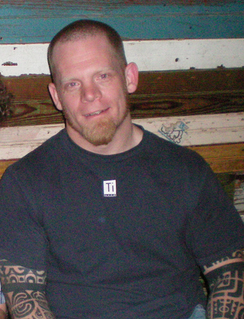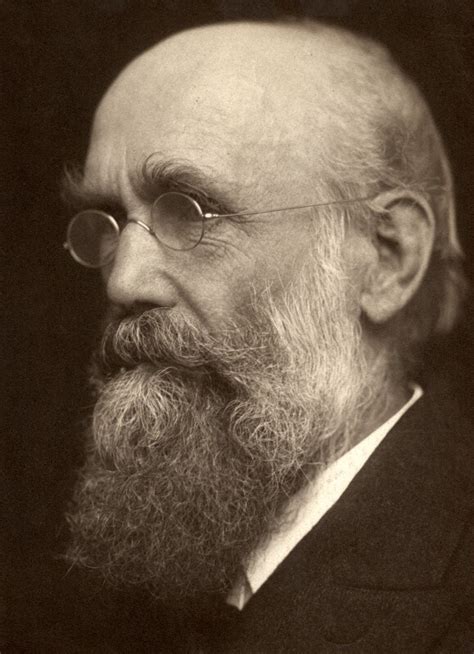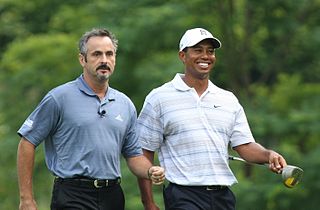A Quote by Nathan Wolfe
When there is an influenza threat, drop everything and focus on risks from influenza pandemics. When SARS spreads, focus on unknown respiratory diseases. This approach helps to quell public concern, but it's a hugely inefficient way to deal with future risks.
Related Quotes
There are environmental threats to health; there are internal threats to health - genetic conditions, viral threats, diseases like cancer and Parkinson's. And then there are societal and global ones, like poverty and lack of nutrition. And unknown viral threats - everything from a new kind of influenza to hemorrhagic fever.
The trouble is that the risks that are being hedged very well by new financial securities are financial risks. And it appears to me that the real things you want to hedge are real risks, for example, risks in innovation. The fact is that you'd like companies to be able to take bigger chances. Presumably one obstacle to successful R&D, particularly when the costs are large, are the risks involved.
We know there are certain types of viruses that are nasty - influenza, for instance, is an area that is not a blindside. But a lot of viruses have come out of nowhere, like H.I.V., or to a certain extent SARS. Because we know we have the potential to be blindsided, we really have to investigate the unknowns.
When large companies take on risk, then they impose risks on the rest of the system. And these are systemic risks and these systemic risks we never used to think were really that important, but as soon as we recognize how the financial sector - the risks the financial sector takes on can impact the entire global economy, we realize that those risks needed to be controlled for the social good.

































